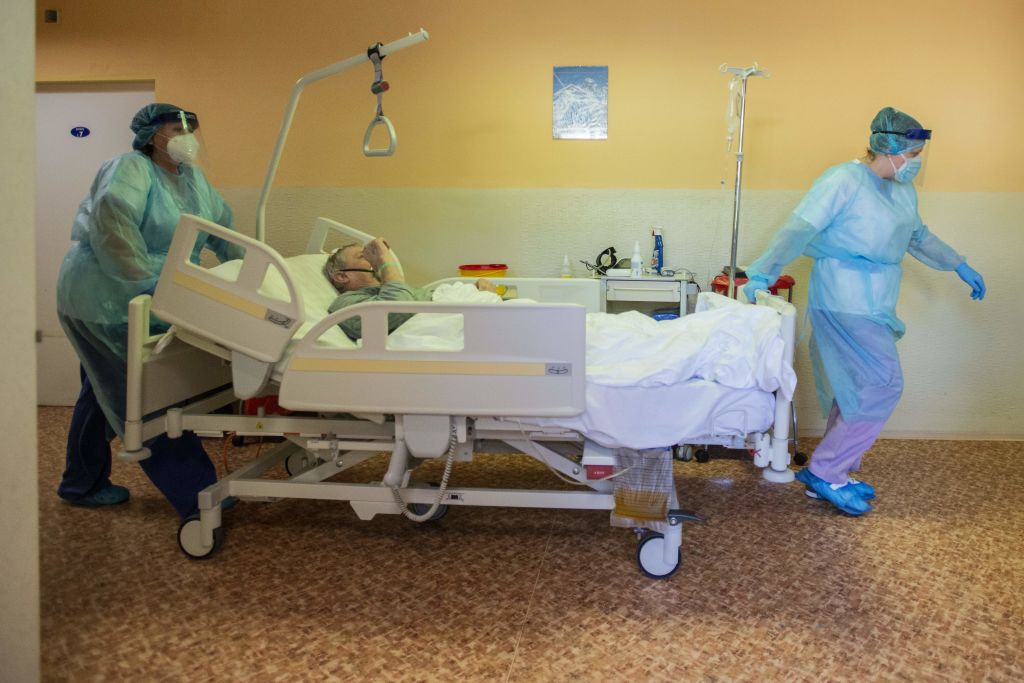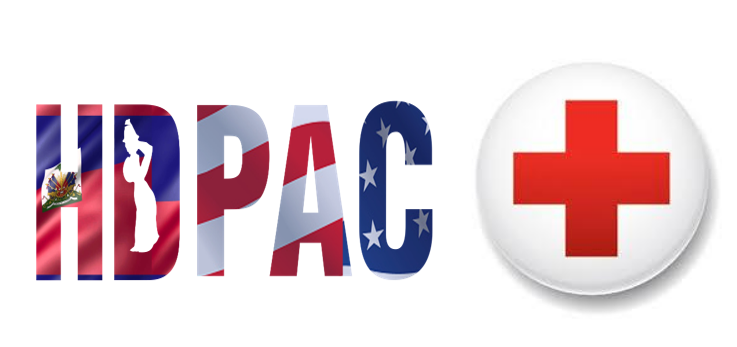|
Getting your Trinity Audio player ready...
|
WorldNews-Covid-19-Corona Virus-Pandemic- Bruxelles
March 17, 2021
TRUENEWSREPORT
TRUENEWSBLOG- For the first year of the pandemic, Europe was a harbinger of what would soon come — Covid-19 cases, hospitalizations, deaths, lockdowns — to the United States. That’s no longer the case.
The U.S. is far outpacing Europe when it comes to vaccinations, and many European countries are pausing the rollout of the AstraZeneca vaccine despite scant evidence that it is unsafe. More than 22 percent of the U.S. population has gotten one dose of a Covid vaccine, compared with about 8 percent of EU residents, according to Bloomberg’s vaccine tracker.
And Covid cases and deaths are plummeting in the U.S., while they are rising sharply in many European countries including Germany, Italy and Poland. Many left-leaning Americans look to Europe with envy and admiration: Many Europeans have universal health care, paid parental and sick leave and state-funded child care. Plus they take long vacations and have shorter work days.
But when it comes to Covid, now it’s Europe doing the soul searching, Sarah Wheaton , chief policy correspondent for POLITICO Europe, told me from her home in Brussels. “It’s a reminder that Europe isn’t this bastion of Enlightenment when it comes to public health and public policy,” she said.
Europe saw early successes in keeping the virus contained and with vaccine development. But now it looks like Europe is losing on all fronts, neither successfully eradicating the virus nor vaccinating its citizens at a fast clip. Most of the EU’s 27 member countries never got virus cases and deaths down to the levels of South Korea and New Zealand. And they’re losing the vaccination race to the U.S., the U.K. and Israel. Since Monday, Italians have only been allowed to leave their homes for essential tasks.
The French are under curfew from 6 p.m. to 6 a.m. Poland closed schools, malls, pools and other business for a few weeks. Germany has been easing restrictions ahead of Easter holidays, but health officials are weighing whether to reimpose Covid measures as cases rapidly rise.
The EU doesn’t coordinate health policy across member countries, Sarah said. Each country imposes restrictions based on its own population, national values and government structure. EU members generally fared better when it comes to Covid cases and deaths per capita than the U.S. and U.K. but are now dealing with a third wave. There is a certain randomness with the virus spread that makes it hard to figure out the precise role of policy and behavior, but it seems like most European countries haven’t gotten a handle on their Covid cases.
Vaccine procurement, the one area where EU policymakers in Brussels have been in charge, has faltered. The EU was naive in negotiating with pharma makers on behalf of the bloc’s nearly 450 million residents and to help supply the rest of the world, Sarah said. They got what they wanted, namely lower prices, but failed to negotiate supply commitments. Europeans were trying to serve as a counter to former President Donald Trump’s America first rhetoric.
But pharma makers are distributing supply to the countries that negotiated better deals more quickly, like the U.S. and the U.K.
The continent has abruptly reversed its magnanimous course. European Commission President Ursula von der Leyen threatened today to cut off vaccine exports to countries that don’t share their supply. “The EU started out in this situation on a moral high horse that has just totally backfired,” Sarah said. Another thing that’s backfired: European caution. Certain European anachronisms seem lovely and quaint like German regulations on beer making or the French’s strict rules on baguette baking. Many European policies operate on a sort of precautionary principle, Sarah said. For example, Europe largely bans genetically modified foods even though evidence they cause harm is lacking. They just feel “yucky,” she said.
Now that same principle has led many European countries to suspend their rollout of the AstraZeneca vaccine even after the European Medicines Agency has pleaded that benefit far outweighs the risk. They expect to come out with a definitive assessment on Thursday. Many researchers are arguing that it is riskier to pause the vaccine — not only because it could slow vaccinations but also because it could fuel long-term vaccine hesitancy, even if the vaccine is found to have nothing to do with the blood clots. No one is happy with Brussels, Sarah said. But the soul searching has led Europe to an interesting place: Many are now arguing that the EU should have more jurisdiction over health policy to better coordinate a continent-wide response to lockdowns and vaccines.
Right now EU officials are navigating another tightrope by trying to safely restart European travel and jumpstart its national economies with a Covid travel pass. They’ve outlined a plan, but left key details to member countries.
“Ironically we’re seeing people say — people who support the EU — ‘Well the reason we didn’t perform as well is because we didn’t have the power,’” she said. Listen: Sarah tells POLITICO Dispatch’s Jeremy Siegel there are three reasons for the ‘Great European AstraZeneca Panic’: 1) The extremely cautious regulatory system; 2) Vaccine hesitancy; 3) Brexit. Listen to a clip of the latest episode, and listen to the full edition Thursday morning wherever you get your podcasts. (Politico.com).






